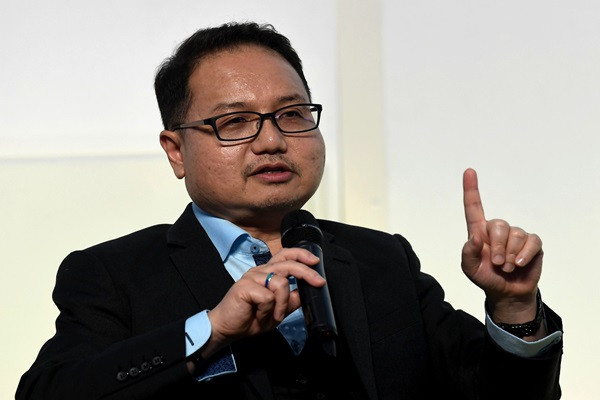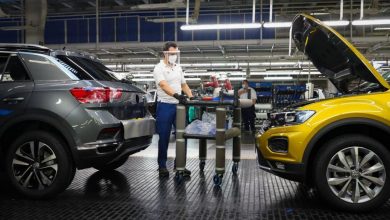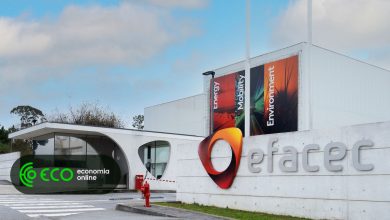
Another holistic growth year for the automotive sector
KUALA LUMPUR: The automotive industry saw another year of holistic growth, with more business and career opportunities created in 2019.Malaysia Automotive, Robotic and IoT Institute (MARii) Chief Executive Officer Datuk Madani Sahari said exports of automotive parts and components rose to RM12.3 billion as at October 2019 compared with RM12.1 billion for the whole of 2018, and are expected to breach the RM13 billion mark this month.“More job and business opportunities were also created within the sector, with the launch of new MARii programmes which focused on small and medium enterprises (SMEs) such as the Technopreneur Development Programme (TDP) and MARii Mobility-as-a-Service (MaaS) Scale-Up Programme to boost the growth of technology-driven businesses,” he said.
He added that 65,377 jobs were created as of October this year, compared with 64,839 in 2018.“Energy-efficient vehicles (EEVs) have also become increasingly popular in the Malaysian market, with a market penetration of 68.08 per cent as of October 2019, compared to 62 per cent in 2018,” he said.Madani said as of September 2019, RM5.70 billion worth of investments were realised, compared with RM1.88 billion for the whole of 2018.On the industrial front, national carmakers have aligned their products with the consumers’ needs, while strengthening their foundations to take on larger regional markets.“Proton’s revival can be seen throughout the year, credited to the launch of the Proton X70 sport utility vehicle (SUV) that is equipped with the latest technologies the industry has to offer at a competitive price,” he said.Madani said with the Proton X70 set to begin local assembly soon, the company is expected to continue its growth to meet the demands of the regional market.
He said Perodua has retained its lead in terms of market share, providing entry-level consumers with more choices offered in the higher markets segments, such as autonomous emergency braking, electronic stability control and electronic brake distribution.“It is important to note that Proton and Perodua cater to different market segments; thus an apple-to-apple comparison between these two original equipment manufacturers (OEMs) would not be a fair assessment of their performance,” he said.As the world begins to shift towards more advanced technology, infrastructure required to support the electrification of transport such as charging stations are being developed around the globe to allow easy access for road users.In line with the technological advancements, Madani said MARii has embarked on an electric bus project, which allows local vendors to participate in the future of mobility. “This project will also be a platform to familiarise Malaysians with electric mobility while spreading awareness on the importance of environmental consciousness such as carbon footprint reduction,” he said.He said the testbed for the electric bus has been completed while work on the prototype would begin soon, in collaboration with Malaysian academia and companies specialising in this technology.Meanwhile, 2019 continued to showcase Perodua’s dominance in the local automotive industry as the local carmaker maintained its lead in terms of vehicle sales.According to the available data, Perodua had sold more than 200,000 vehicles as of October this year, more than double that of its closest competitor, Proton, which sold 79,423 units in the same period, followed by Honda at 71,489 units.However, as Proton kickstarted the X70’s completely knocked-down production this month, the market will become more interesting in the near future and give more competition to Perodua’s dominance in the market.Proton Holdings Bhd Chief Executive Officer Dr Li Chunrong said he is optimistic that the national carmaker would be able to achieve profitability this year. – Bernama
Font: Daaily Express





